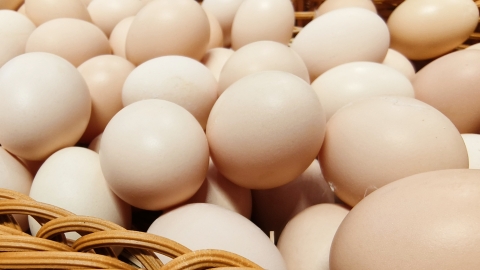Can patients with gout eat eggs?
Generally speaking, gout patients can eat eggs. Eggs are considered low-purine foods and typically do not negatively affect the condition. However, moderation is important to avoid excessive cholesterol intake. Detailed analysis is as follows:

The purine content in eggs is very low, with less than 5 mg of purines per 100 grams of eggs. Whether during an acute gout attack or when the condition is stable, patients can consume eggs. During acute flare-ups, patients must strictly limit high-purine foods. Eggs can serve as a significant source of high-quality protein, providing necessary nutrients without increasing blood uric acid levels. During stable periods, moderate egg consumption also supplies energy and nutrients to maintain normal physiological functions.
Although eggs are suitable for gout patients, excessive consumption should be avoided. Egg yolks contain relatively high levels of cholesterol; overconsumption may elevate blood cholesterol levels and increase the risk of cardiovascular diseases. Generally, it is recommended that gout patients consume one egg daily, including both the egg white and yolk, which ensures adequate nutrition without negatively affecting health.
When consuming eggs, gout patients should pay attention to cooking methods. It is preferable to choose light cooking methods such as boiling or steaming, and avoid frying or sautéing. Additionally, maintaining a balanced diet by pairing eggs with vegetables, fruits, and other foods is important to ensure comprehensive nutrition.









